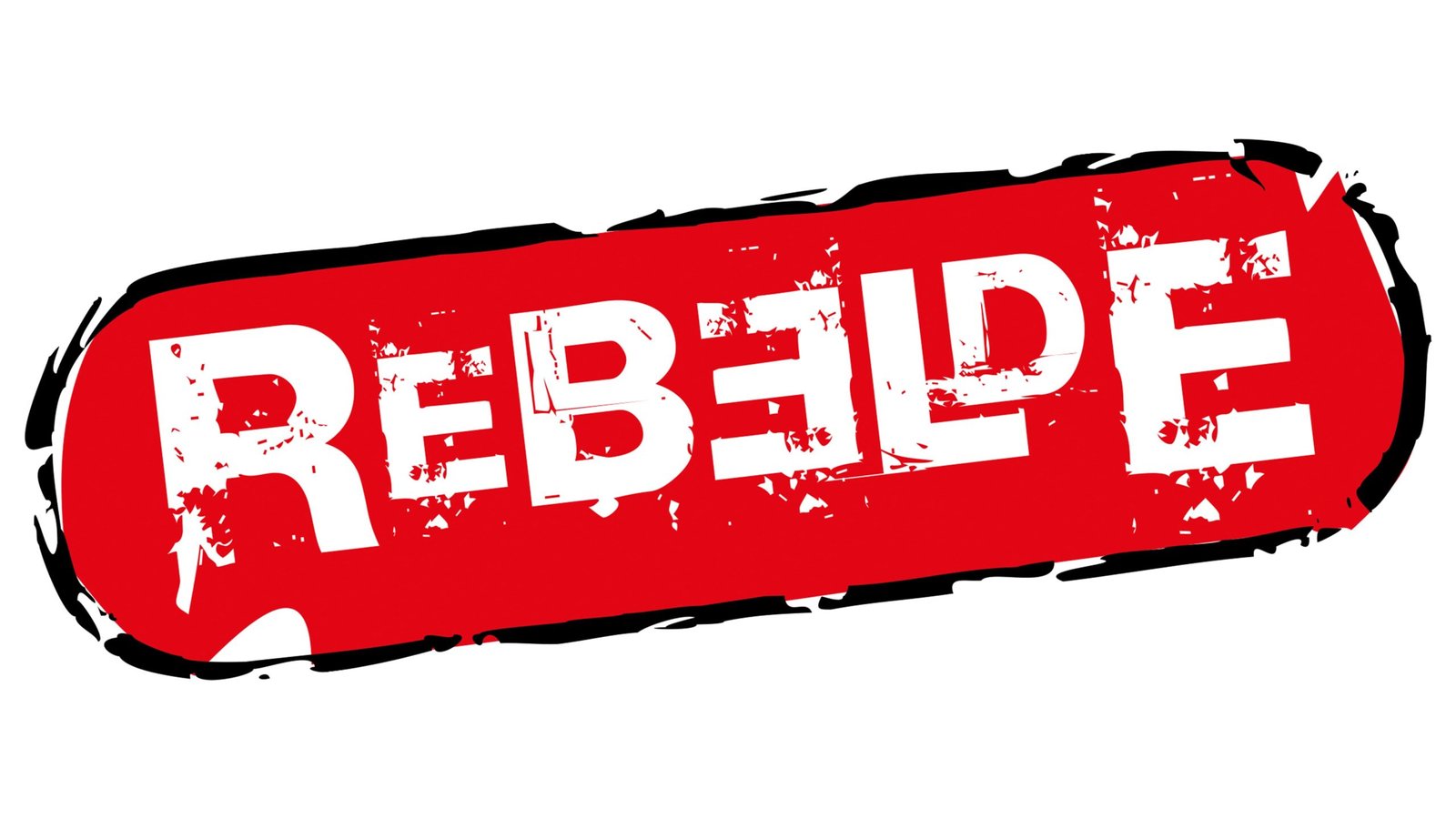Maintaining your fitness when you can’t exercise can seem like an uphill battle. Whether you’re recovering from an injury, dealing with a busy schedule, or facing physical limitations, it’s important to know that exercise isn’t the only way to stay healthy. A key factor often overlooked is diet, which can play a massive role in how well you maintain your fitness even without hitting the gym. This guide will exercise TwspoonDietary, a nutritional approach that focuses on smart, sustainable eating to support your fitness goals when exercise is off the table.
The Role of Nutrition in Fitness
Nutrition and exercise go hand-in-hand in supporting fitness. However, when exercise is out of the equation, what you eat becomes even more critical. The food you consume influences your energy levels, metabolism, and overall body composition. By focusing on TwspoonDietary, a dietary strategy built around portion control and nutrient-dense foods, you can maintain or even improve your health without regular physical activity.
Understanding TwspoonDietary
TwspoonDietary is an approach designed to help individuals maintain their health and fitness through mindful, strategic eating habits. The name comes from the idea of “two spoons”—symbolizing small portions and balance. This approach emphasizes eating in moderation, focusing on whole foods, and ensuring every meal is packed with essential nutrients. TwspoonDietary isn’t about restriction—it’s about making smarter food choices that fit your current lifestyle.
Caloric Control Without Exercise
When you’re not burning calories through exercise, controlling your calorie intake becomes paramount. You don’t need to drastically cut your food intake, but being mindful of how much you eat is crucial. TwspoonDietary emphasizes the importance of portion control. Smaller portions mean fewer calories, but when paired with nutrient-dense foods, you’re still giving your body the fuel it needs to thrive.
Portion Control with TwspoonDietary
With exercise off the table, the key to staying fit is portion control. TwspoonDietary advocates for reducing portion sizes while focusing on high-quality, nutrient-rich foods. Instead of a large plate of calorie-dense food, opt for smaller servings that are packed with vitamins, minerals, and other essential nutrients. The goal is to eat less, but eat smarter.
Meal Timing and Metabolism
When you can’t rely on exercise to boost your metabolism, meal timing becomes an important factor. Eating at regular intervals can help keep your metabolism stable, preventing spikes and dips in energy. In the TwspoonDietary plan, having smaller, more frequent meals can help maintain a steady flow of nutrients, which can assist in keeping your metabolism active even when you’re not moving much.
Protein’s Role in Muscle Maintenance
Even if you’re not hitting the gym, protein is still essential for maintaining muscle mass. Muscle atrophy can occur when you’re inactive for extended periods, but protein can help counteract this process. TwspoonDietary encourages incorporating lean protein sources into your meals to help preserve muscle and support recovery. Foods like chicken, turkey, tofu, and legumes provide excellent sources of protein without the excess fat.
Choosing Lean Protein Sources
Protein is a powerhouse nutrient, especially when you’re trying to maintain muscle mass without regular exercise. Choose lean proteins such as skinless chicken, turkey, fish, or plant-based options like tofu and beans. These proteins are low in fat and high in nutrients, helping you feel full while supporting muscle health.
Hydration and Its Importance
Staying hydrated is always important, but it’s even more crucial when you’re not exercising regularly. Water helps with digestion, circulation, and temperature regulation, and can also prevent overeating by promoting feelings of fullness. The TwspoonDietary plan stresses the importance of drinking enough water throughout the day to stay hydrated and maintain overall health.
Managing Stress Through Diet
Stress can wreak havoc on your body, especially when you’re not exercising. Certain foods can help manage stress levels by stabilizing blood sugar and promoting relaxation. For instance, foods rich in magnesium, like spinach and almonds, have been shown to help reduce stress and promote better sleep, both of which are crucial for overall well-being.
Incorporating Anti-Inflammatory Foods
When you’re inactive, your body may become more susceptible to inflammation. Eating foods with anti-inflammatory properties—such as fatty fish, olive oil, berries, and leafy greens—can help combat this. TwspoonDietary places a strong emphasis on these foods to support overall health and prevent chronic inflammation.
Healthy Fats for Overall Well-being
Not all fats are bad. In fact, healthy fats are vital for brain function, hormone regulation, and even heart health. When you’re not exercising, it’s still important to include healthy fats in your diet. Foods rich in omega-3 fatty acids, like salmon and flaxseed, support cardiovascular health and help keep your body functioning properly.
Omega-3s and Heart Health
Omega-3 fatty acids are especially important when you’re not engaging in regular physical activity. These healthy fats help reduce inflammation, support brain function, and promote heart health. Foods like fatty fish, chia seeds, and walnuts are rich in omega-3s and should be a regular part of your TwspoonDietary plan.
Fiber for Digestive Health
Fiber plays a crucial role in digestion and helps regulate blood sugar levels. When you’re not moving around as much, your digestive system may slow down, making fiber even more important. High-fiber foods like vegetables, whole grains, and legumes keep your digestive system running smoothly and can help prevent overeating by promoting fullness.
High-Fiber Foods to Include
Incorporating more high-fiber foods into your diet is one of the best ways to stay healthy when you can’t exercise. Vegetables, fruits, legumes, and whole grains not only help with digestion but also keep you feeling satisfied longer, which can reduce the urge to snack on unhealthy foods.
Micronutrients to Focus On
Vitamins and minerals are just as important as macronutrients when you’re trying to maintain fitness. Without exercise, you may need to pay closer attention to key micronutrients like Vitamin D and magnesium, which play essential roles in bone and muscle health.
Vitamin D and Bone Health
Vitamin D is critical for maintaining strong bones, especially when you’re not engaging in weight-bearing exercises. Without enough Vitamin D, bones can weaken over time. Ensure you’re getting enough through sun exposure, fortified foods, or supplements, especially if you’re inactive.
Magnesium for Muscle Function
Magnesium is an essential mineral for muscle function and relaxation. Even when you’re not working out, your muscles need magnesium to function properly. Foods rich in magnesium, such as leafy greens, nuts, and seeds, are perfect additions to a TwspoonDietary plan.
Adopting a Mindful Eating Approach
Mindful eating can be a game changer when you’re not able to exercise. Paying attention to what you’re eating, savoring each bite, and listening to your body’s hunger and fullness cues can prevent overeating and help maintain a healthy relationship with food.
Frequently Asked Questions (FAQs)
1. What is TwspoonDietary?
TwspoonDietary is a balanced eating approach focusing on small portions and nutrient-dense foods to maintain fitness, especially when exercise is limited.
2. Can you maintain fitness without exercise?
Yes, with the right nutrition strategy like TwspoonDietary, you can maintain your fitness even without regular physical activity.
3. How important is protein when you can’t exercise?
Protein is essential for maintaining muscle mass and promoting recovery, even when you’re not physically active.
4. What are some high-fiber foods I can eat?
Vegetables, legumes, fruits, and whole grains are excellent sources of fiber that aid digestion and keep you full.
5. How much water should I drink if I’m not exercising?
You should still aim for at least 8 cups of water a day to stay hydrated and support your body’s natural functions.
6. Can diet alone reduce stress?
While diet can’t eliminate stress, certain foods like those rich in magnesium can help manage stress levels and promote relaxation.
Conclusion
Even if you can’t exercise, you can still take steps to maintain your fitness by focusing on your diet. The TwspoonDietary approach offers a sustainable, healthy way to manage your nutrition, ensuring that your body gets the nutrients it needs without over-consuming calories. By following the guidelines outlined above, you can support your overall health and well-being even when physical activity isn’t an option.

